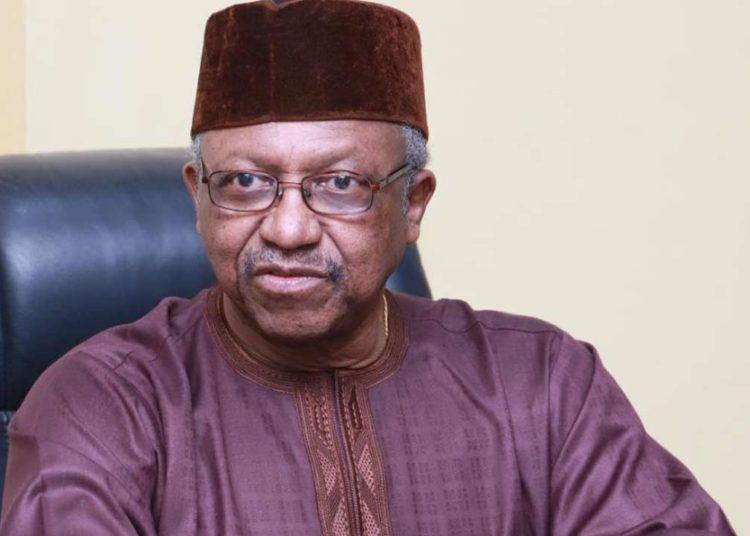Agusto & Co. has predicted that the Nigerian health sector’s contribution to GDP will reach N480.6 billion by 2022, based on the country’s high birth rate, and the spread of communicable diseases as well as other common ailments such as malaria and respiratory tract infection.
Agusto & Co. also expects that a lower rate of outbound medical tourism, as a result of the naira’s continued depreciation, will boost the Industry’s contribution to GDP in the medium term.
In its report titled: ‘Naira Devaluation, A Glimmer Of Hope For Nigeria’s Health Sector-Report,’ the firm disclosed that, in spite of its population of 215 million people, Nigeria’s healthcare system remains largely underfunded and, as a result, is faced with a significant infrastructure gap.
The healthcare industry is currently challenged by outbound medical tourism, deteriorating medical infrastructure, low government budget allocation and poor compensation for public healthcare workers, all of which have prompted a large number of skilled medical practitioners to relocate overseas in search of better employment opportunities, it revealed.
Funding inadequacies are at the core of the problems confronting the healthcare industry, the firm disclosed even as it stated that the World Health Organization (WHO) and African Union (AU) in 2001, set a goal for African countries to allocate at least 15 per cent of their annual budgets to funding healthcare.
However, Nigeria’s health sector allocation has remained below 10 per cent of annual budgets since the target was established; the health sector received only about four per cent (N546.98 billion) and five per cent (N724.6 billion) of the total budgetary allocation in Nigeria’s 2021 and 2022 budgets.
“This persistent underfunding of the health system could result in stagnation and a decline in accumulated gains over time, particularly in public health institutions. In addition, with 71 per cent of healthcare spending being allocated to recurrent expenditure, there is an urgent need for increased investment in the health sector, specifically on infrastructure, to lower outbound medical tourism and stem medical brain drain,” the firm recommended.
It also disclosed that the emergence of the COVID-19 pandemic in 2020 led to an increase in the number of diagnostic facilities and, albeit insufficiently, an increase in public investments in the health sector.
“Following the COVID-19 pandemic, the Central Bank of Nigeria (CBN) established a N200 billion healthcare intervention fund to provide low-cost healthcare loans (five per cent interest fee) through commercial banks for hospitals, pharmaceutical companies and other key healthcare players to expand and build infrastructure.
“Prior to the establishment of this fund, many healthcare practitioners were unable to easily access loans through commercial banks due to high (double-digit) interest fees. As at 2021 FYE, N115.4 billion in loans had been disbursed, from the intervention fund to 91 hospitals and 31 pharmaceutical companies,” it explained.
Agusto & Co. however stated that, due to the country’s large population, which faces a high burden of communicable and non-communicable diseases, resulting in a significant number of people constantly seeking treatment, a number of foreign investors have found the Nigerian healthcare system to be an attractive investment opportunity.
“Nigeria was ranked 161 out of 189 countries on the 202 United Nations Human Development Index, which ranks countries based on life expectancy and living standards. Consequently, these conditions foster an environment in which the demand for healthcare services is heightened, thereby increasing the country’s appeal to foreign investors.
“In 2021, the healthcare industry attracted circa $2.3 million in foreign direct investments (FDI) and Agusto & Co. expects that an increase in foreign investment in the coming years will be crucial in bridging the healthcare infrastructure deficit estimated at $82 billion. For instance, in February 2021, Evercare Group through its emerging market health fund, established Evercare Hospital Lekki, a 165-bed multispecialty tertiary care facility,” the firm explained.
As a result, Agusto & Co. anticipates that increased foreign interest will continue to drive growth in the healthcare industry, with foreign organizations successfully acquiring and establishing health facilities in the country in the medium term.











